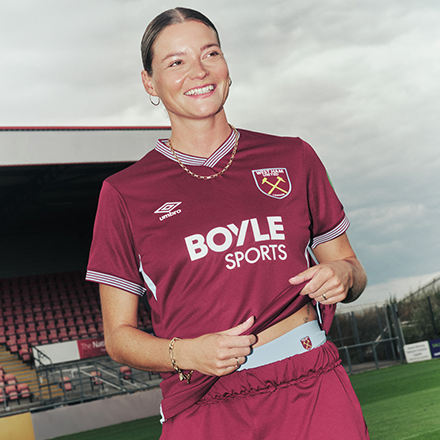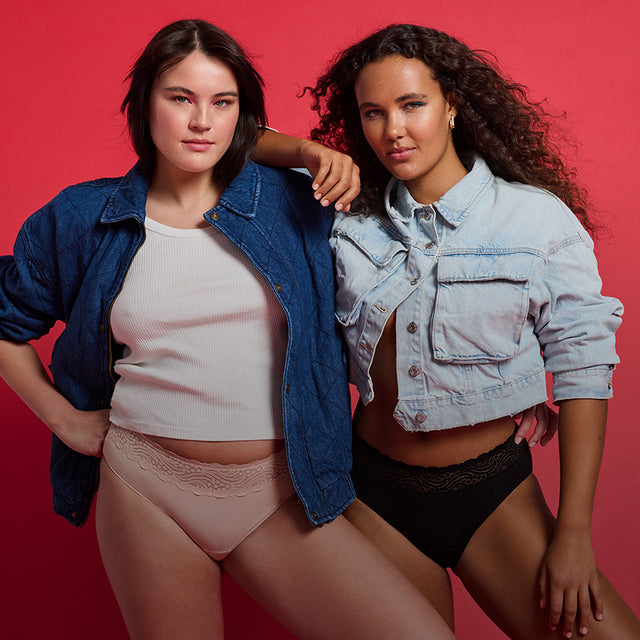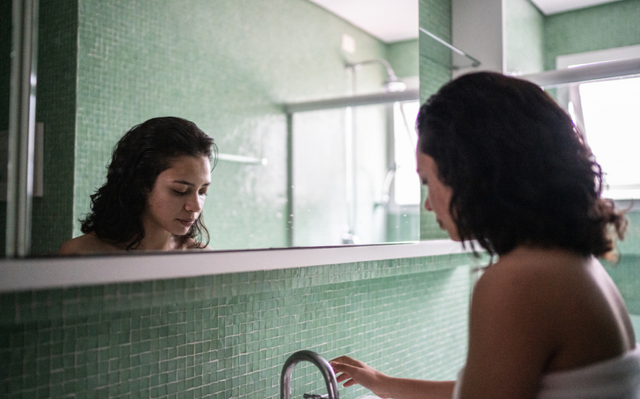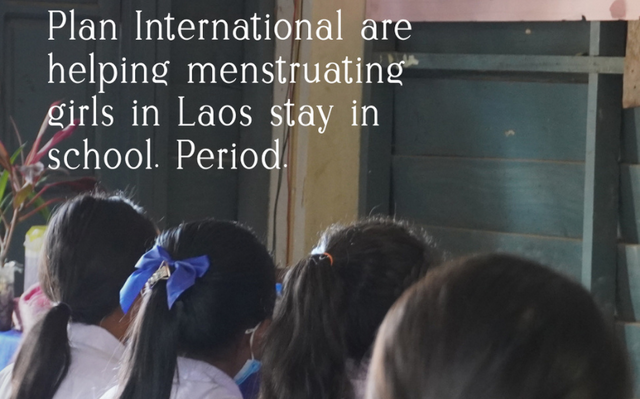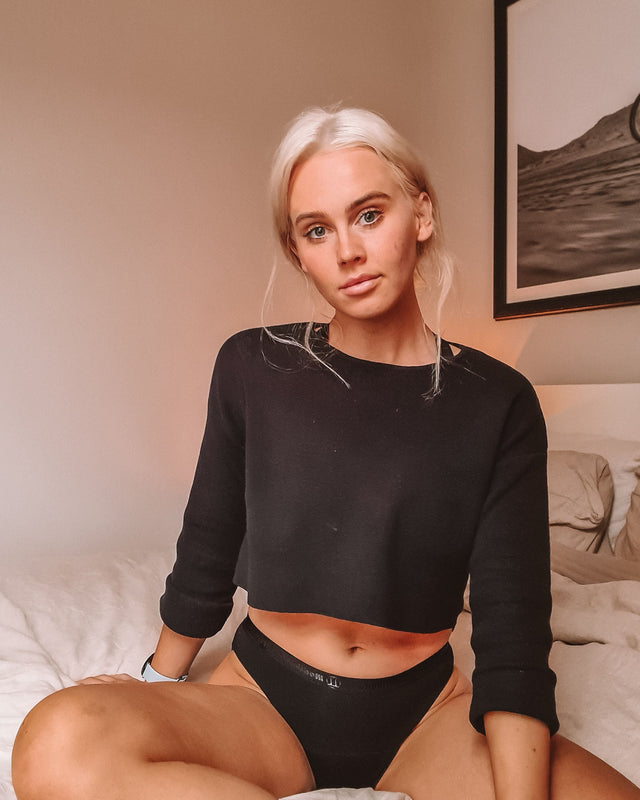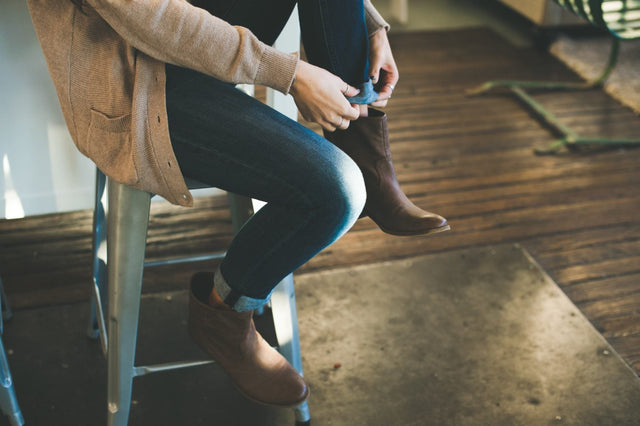When will I get my first period?
In your early teens, it’s super normal to wonder when you will get your first period. Maybe your friends have theirs, and you feel like an outsider without it. Or maybe a part of you is scared to get it because it sounds like a bit of a hassle, or you’re not so sure about all these changes in your body. It’s completely normal to be feeling this way.
In this article, we will answer all your burning period questions. So you feel armed with the info you need to take on your first period with confidence. Let’s get into it.
When will I get my first period?
It’s tricky to answer when you get your first period, as every body is unique and develops at different times. Your first period (also called menarche) usually starts about 2 years after your first signs of puberty, like breast buds or pubic hair – whichever comes first.
The range typically falls between the ages of 8 and 16, but everyone is different.
How to know when your first period is coming
It’s challenging to know exactly when your first period is coming, but as we mentioned above, there are usually some signs. If you’ve already started developing breasts and pubic hair, the next step towards your first period is a clear, whitish discharge from your vagina. So check your undies when you’re on the loo. Once this has started, your period will often follow within 6 to 12 months.
Will I get my first period at the same age as my mum?
It’s not a fool-proof strategy, but many young menstruators get their period at a similar age to their mothers. So if your mum was a late bloomer or started puberty later than usual, you might be the same too. If you’re able to ask your mother for this info, it can be a handy way to predict when you will get your first period.
I’m 15 – why don’t I have my period yet?
By the time you turn 15, you’re probably checking your undies every day and wondering, ‘Why don’t I have my period yet?’. If your period is later than usual, it doesn’t automatically mean there’s something wrong; you might be a late bloomer. Remember, every body is different, and there is no right or wrong time to get your first period.
However, in some cases, delayed menstruation can be caused by being underweight, frequent strenuous exercise (such as high-level athletes, dancers, gymnasts) or severe stress.
When should I see a doctor?
If you haven’t had your first period by the time you’re 15, or 3 years after you started puberty (breast development or pubic hair), it’s worth going for a check-up with your local GP to double-check, or put your mind at ease.
It’s also worth noting that establishing a regular cycle can take a couple of years from your first period. Irregular periods in the first year or 2 are not unusual, nor a sign something is necessarily wrong.
What kinds of tests will the doctor do?
When you go to the doctor, they might do a few tests, including a physical exam – where a doctor might feel your lower belly area and do an internal exam, which involves inserting a gloved finger or 2 into your vagina to see if everything is where it should be and to check for any abnormalities or blockages. Importantly, your doctor should always ask for your permission to examine you. It’s always okay to say no if you feel uncomfortable.
Your doctor might also order blood tests to check your hormone levels, or they may order an ultrasound. An ultrasound uses sound waves to look at your body’s internal structures, so a specialist doctor can use the images to look at your reproductive organs (your uterus, fallopian tubes and cervix) from the outside.
While some of these tests may seem intimidating, your doctor will talk you through every step to explain what will happen and why. And while some of it may feel a little uncomfortable, it shouldn’t be painful.
Don’t be afraid to ask questions
It can be scary to ask questions, but it’s best to talk to your doctor if you are worried about your first period. They’ve seen and heard it all before, so there’s nothing to be embarrassed about. Most likely, your time just hasn’t come yet, and you will get your first period when your body is ready.
Be prepared when you get your first period
When you do get your first period, it’ll help you to be prepared. Start with a few pairs of our leak-proof underwear, which you can wear to school or under your normal clothes if you feel your period might be coming.
Want to know more? Read about your first period and why there’s no such thing as a normal first period on our blog.


